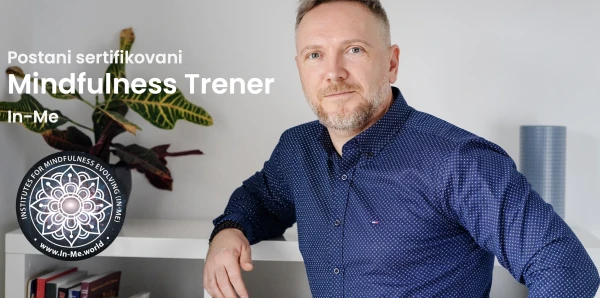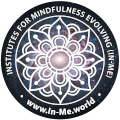About Us / Resources / Articles
Gatekeeping in Science -example NLP
About Us / Resources / Articles
Dr. Bruce Grimley

Dr. Darko Cvetković
"Mindfulness Trainer, In-Me" training by trainer Dr. Darko Cvetković in Online Training
Read moreGatekeeping in Science: Lessons from the Case of Psychology and Neuro-Linguistic Programming
From: Katherine Dormandy and Bruce Grimley
Department of Christian Philosophy, University of
Innsbruck, Innsbruck, Austria
Psychology Department,
Universidad Central de Nicaragua, Managua, Nicaragua
Please read whether academic psychologists rightly or wrongly classify the applied-psychology framework of NLP (‘neuro-linguistic programming’) as unscientific and even pseudoscientific.
ABSTRACT
Gatekeeping, or determining membership of your group, is crucial to science: the moniker ‘scientific’ is a stamp of epistemic quality or even authority. But gatekeeping in science is fraught with dangers. Gatekeepers must exclude bad science, science fraud and pseudoscience, while including the disagreeing viewpoints on which science thrives. This is a difficult tightrope, not least because gatekeeping is a human matter and can be influenced by biases such as groupthink.
After spelling out these general tensions around gatekeeping in science, we shed light on them with a case study from psychology. This concerns whether academic psychologists rightly or wrongly classify the applied-psychology framework of NLP (‘neuro-linguistic programming’) as unscientific and even pseudoscientific.
This example of gatekeeping is particularly instructive because both the NLP community and the psychology community, we argue, make legitimate but also illegitimate moves. This case gives rise to several general insights about gatekeeping in science more generally.
Please read the full article for free here:
https://www.tandfonline.com/doi/epdf/10.1080/02691728.2024.2326828?needAccess=true

Dr. Darko Cvetković
"Mindfulness Trainer, In-Me" training by trainer Dr. Darko Cvetković in Online Training
Read more

